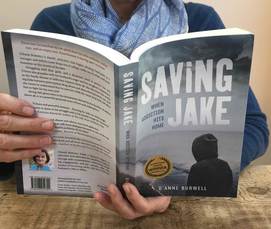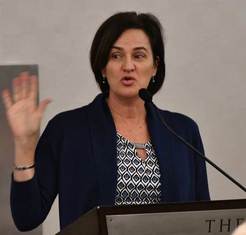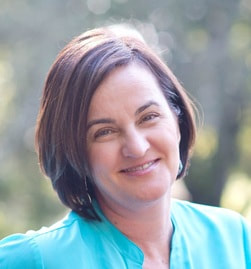
Some of you weren’t, at first, ready to read my book SAVING JAKE: When Addiction Hits Home because your emotions felt too raw. I get that. I’m not rushing right out to see these new films, though Julia Roberts may indeed get an Oscar for her performance in Ben is Back, and Steve Carell will be powerful in Beautiful Boy. I’ll watch when I’m ready.
What’s vital is for people with no experience of addiction to watch these movies—and read books like SAVING JAKE—to better understand our nation’s drug epidemic. This drug crisis is not going away, it’s getting worse.
There’s power in real stories. True. Lasting. Impact.
One person dying is a tragedy, 72,000 dead is a statistic. In 2017, pain pills like OxyContin, Vicodin and street drugs like heroin and fentanyl killed 72,000 Americans yet these numbers don’t seem to galvanize reaction like one despairing family story can. We NEED true stories to inspire each of us to step up to what we can do daily to bring about desperately needed change.
What can you do? If you know friends and family, who don’t understand much about addiction, encourage them to read, learn and go watch these movies. Call a struggling friend and listen. Learn for yourself what solutions are working in communities to inform your choices to volunteer, donate and vote. Join a grassroots group and use your voice to bring about more awareness. Volunteer at a treatment center or shelter, donate to evidenced-based programs or to brain research, call your local representative and push for accessible treatment, vote for senators and other legislators who stand for compassion, justice, action and money for this health crisis.
Small deeds add up to great change.






 RSS Feed
RSS Feed